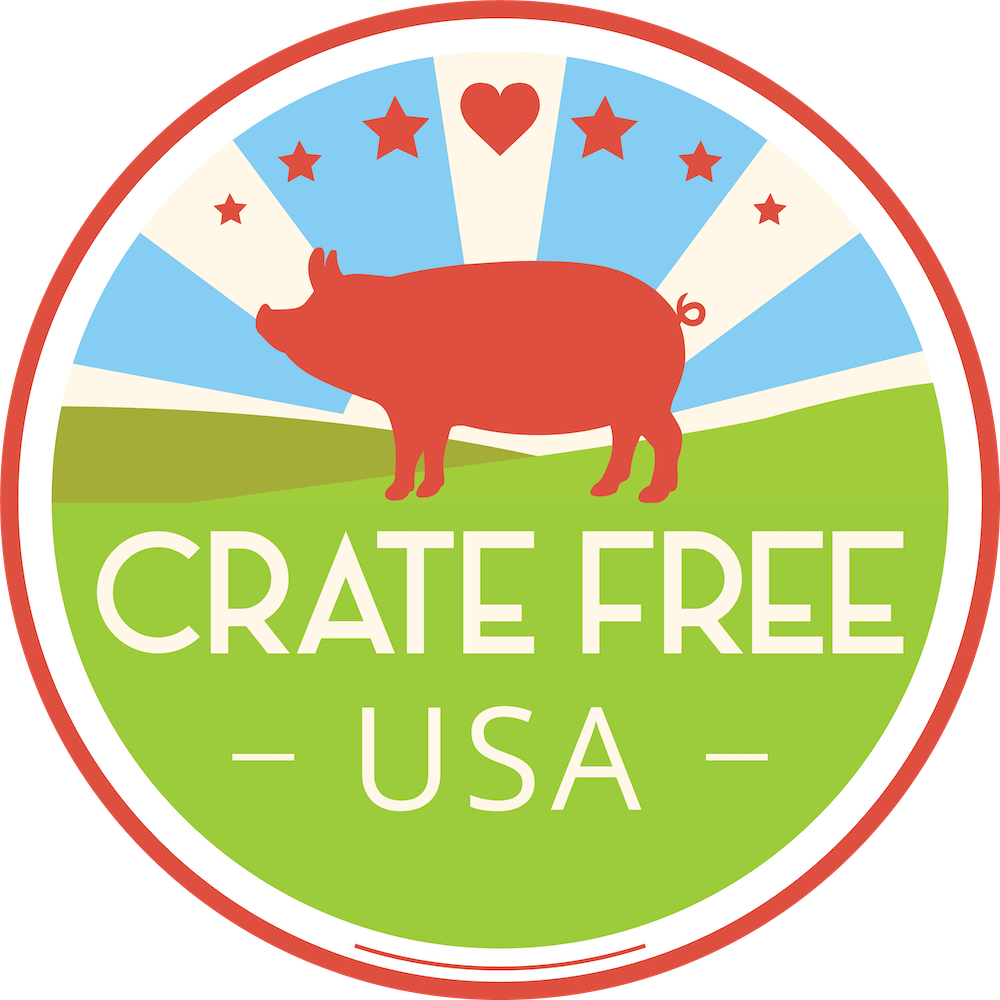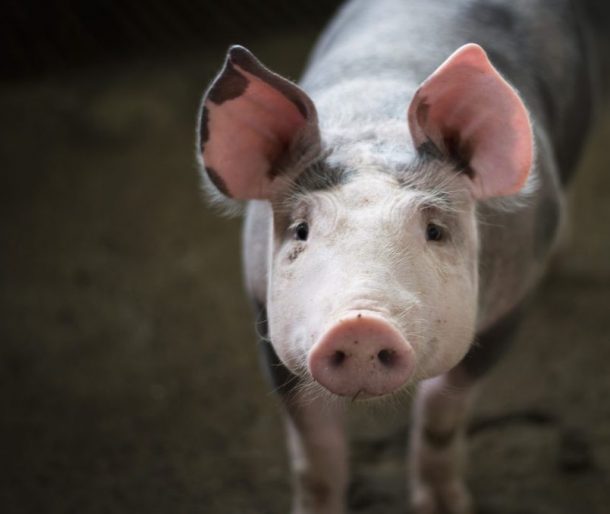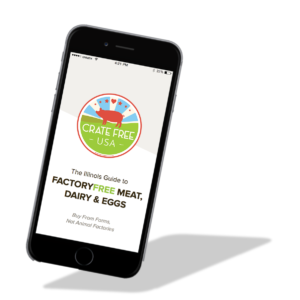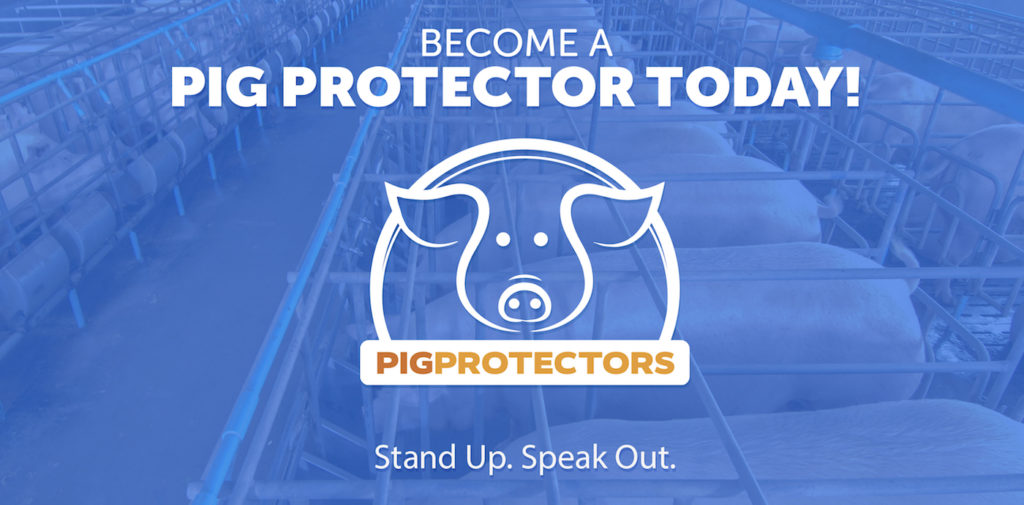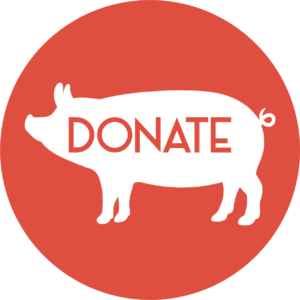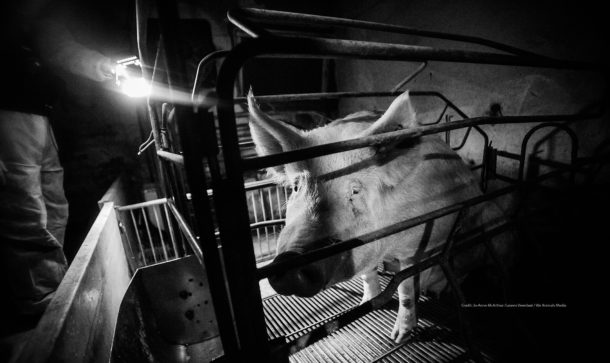By Jean Paul Olmsted
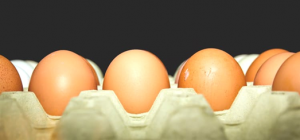
This year’s elections have brought severe consternation to many of us. And some of the appointments to president-elect Donald Trump’s cabinet have raised no small amount of trepidation among animal rights activists. But, amid the rubble, there is some indisputably good news for those of us fighting for a better, more humane life for animals, specifically farm animals.
The people of Massachusetts voted overwhelmingly (77%) in favor of legislation that will mimic much of California’s Prevention of Cruelty to Farm Animals Act, also the result of a popular referendum supported by a large majority (62%) of our largest state’s electorate.
Massachusetts, however, took the California precedent one very important step farther: Their initiative, in addition to mandating minimal standards in the confinement of farm animals, also applies those standards to imports! California has done this with eggs, banning those from chickens not afforded their still very weak standards. Efforts to do the same regarding pigs and cows, sadly, have gone nowhere.
There is a logical, almost irrefutable, argument to applying a state’s standards to imports: It is only fair that out of state producers are subjected to the same rules and regulations as in state producers. Furthermore, no matter how small their number, whatever rationale that resulted in the adoption of standards for animal care within a state, must also, by extension, apply to imports as well.
CAFOs are well aware of the risks these laws present to their operations. Unlike states where their size and importance to the overall economy allow them to dominate the very legislative committees responsible for their regulation, they cannot control those states in which their presence is less significant. Thus, they have taken their battles to the courts; many millions were poured into battles to stop the application of California’s standards to eggs from out of state producers. Fortunately, to date, these efforts have failed. Similar efforts are already underway to mitigate the effects and application of the Massachusetts referendum.
The application of Massachusetts’ new law to imports has shown us an end around the power and influence of the animal food industry in the states where they are a dominant presence. As more and more non producing states remove themselves from the market for CAFO raised animal products, that market shrinks and with it so do the economies that justify the horribly inhumane conditions in which their charges are kept. Gestation crates make no sense if the market for the pigs thus raised is limited to Illinois, Iowa and North Carolina. Currently, 80% of producers use this unconscionable method of confinement. As more states follow the example of Massachusetts, a foregone conclusion, that number will decrease to the point that it is no longer economically viable. Clearly, the flow of history is immutable and is on our side.
All of this does not mean that our job is done once this has been accomplished: The standards imposed by these laws are beyond minimal. At most, they allow animals to stand up and turn around. In California, chickens are now required to have less space than two sheets of paper, up from less than a single sheet. Additionally, these laws give farmers ridiculously generous timetables to comply: The Massachusetts law, for example, doesn’t take effect until 2022!
The bottom line is; in our battle to ban gestation crates, we are winning. However, even with victory, we will have only scratched the surface of what needs to be done to bring truly humane treatment to the care of those animals which provide us with so much. Our fight is just beginning!
About the Author: Jean Paul Olmsted is both a political and animal welfare activist who resides in California. He is a long time friend and advisor to Crate Free Illinois and a member of its Board of Directors.
